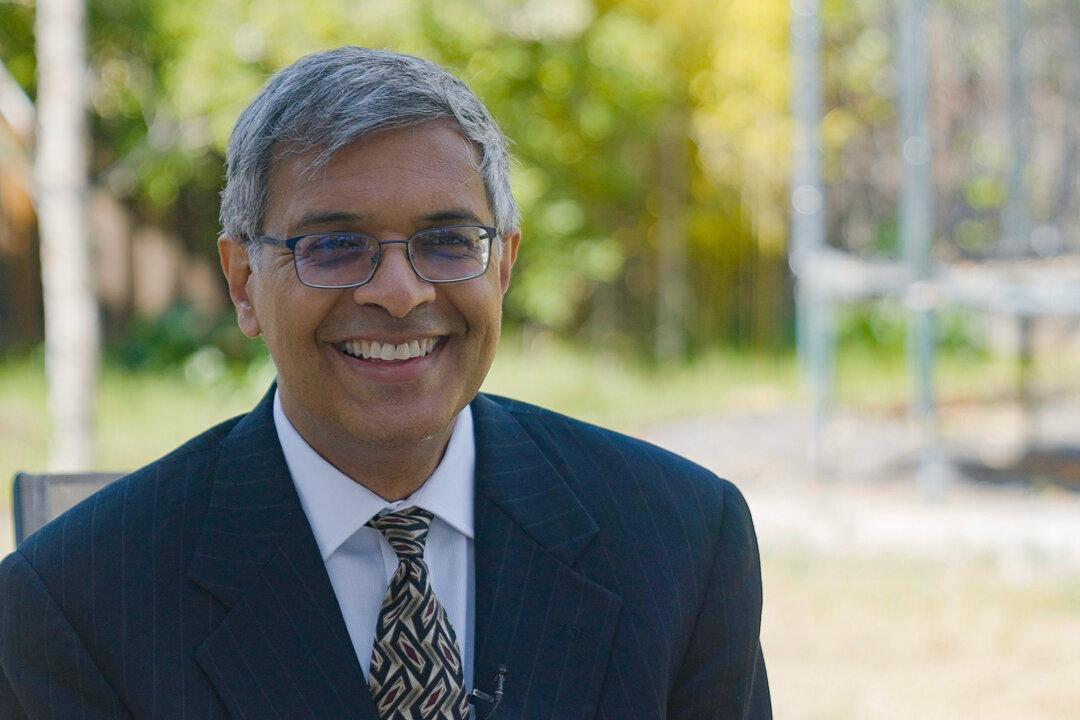Herd immunity refers to when a population has immunity from a disease either through vaccination or recovery. Some health experts hope to reach herd immunity against COVID-19 in the United States. But people should keep in mind that reaching herd immunity does not mean that a disease has gone away, Dr. Jay Bhattacharya told The Epoch Times.
The concept is built on how many people each person who contracts a disease transmits that disease to, with people with some immunity infecting fewer people, on average.






